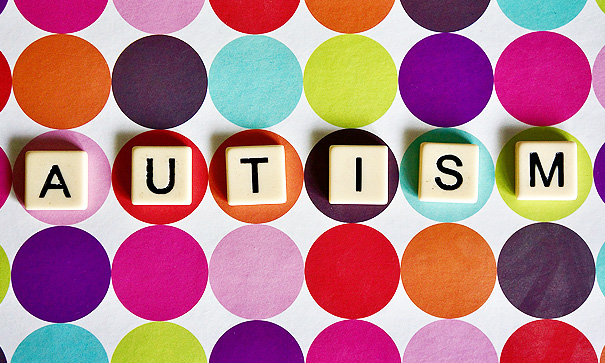What Is Reiki Therapy?: Seen as an alternative energy healing technique that originated in Japan, the creator and first practitioner of Reiki was Mikao Usui, a renowned Tendai Buddhist, in the early 1900s.
Reiki practitioners (also called ‘reiki healers’) lay their hands on you gently (sometimes called ‘palm healing’ or ‘hands-on healing’), or hover them above you to direct the flow of universal energy and stimulate your body’s natural healing abilities.
Because it works on the entire self – mind, body, and emotions – it may be useful for you in all types of physical and emotional problems and mental and spiritual healing issues.
According to therapy practitioners, energy can stagnate in your body where there has been physical injury or even emotional pain.
Over time, these energy blocks can cause illness. Over time reiki therapy is used to help you become more actively involved in your own health
You might feel deeply relaxed after reiki healing, and some people experience sensations like tingling, warmth, or seeing colours or patterns.







